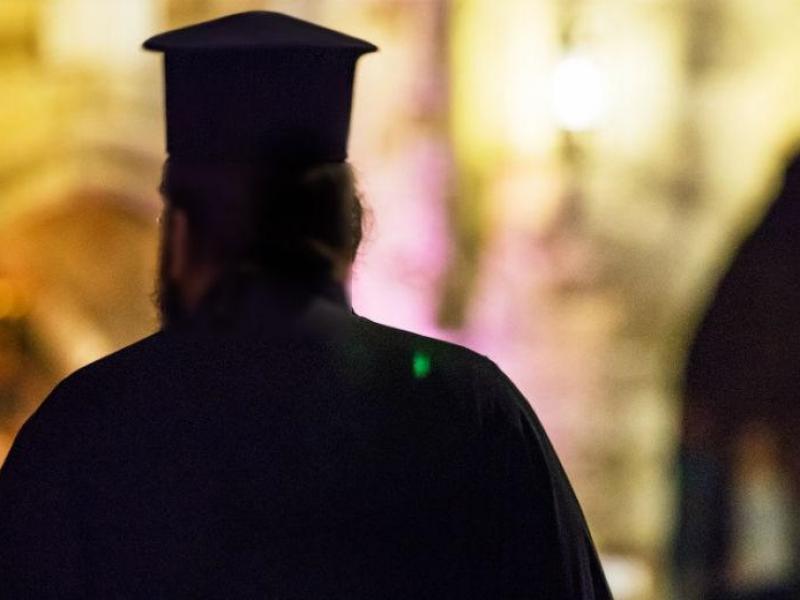A recent ruling in Greece stated that Greek Orthodox students cannot receive exemptions from religious classes.
The ruling is a result of a conflict between the Greek Ministry of Education and the Atheist Union of Greece. In Greece, the public education system is closely tied to religious education, with the Ministry of Education also handling religious affairs. The country's constitution aims to develop students' national and religious consciousness, meaning that students belonging to the Greek Orthodox Church are required to take religious classes from Grade 3 through high school. This is despite only 17% of the population regularly attending church, despite 90% identifying as Orthodox Christians.
Some exemptions do exist for students who are non-Orthodox Christians, Jews, Muslims, Atheists, or agnostic. However, the Atheist Union of Greece argues that students should not have to request an exemption to opt out of these classes. They believe that this requirement violates students' privacy, as schools must keep track of each student's religion and could potentially discriminate against those seeking exemptions. The Atheist Union has taken the matter to court, with support from the European Court of Human Rights.
In response, the Ministry of Education changed the wording of the exemption request to state that "reasons of religious conscience do not allow participation in the Religious Studies course." However, the Council of State and Administrative Justice rejected the Union's complaint, stating that the change in wording adequately protects student privacy and that the exemption request does not reveal specific religious beliefs.
Despite this ruling, the case is not yet closed, as the secretary of the Atheist Union of Greece plans to appeal to the European Convention on Human Rights.

